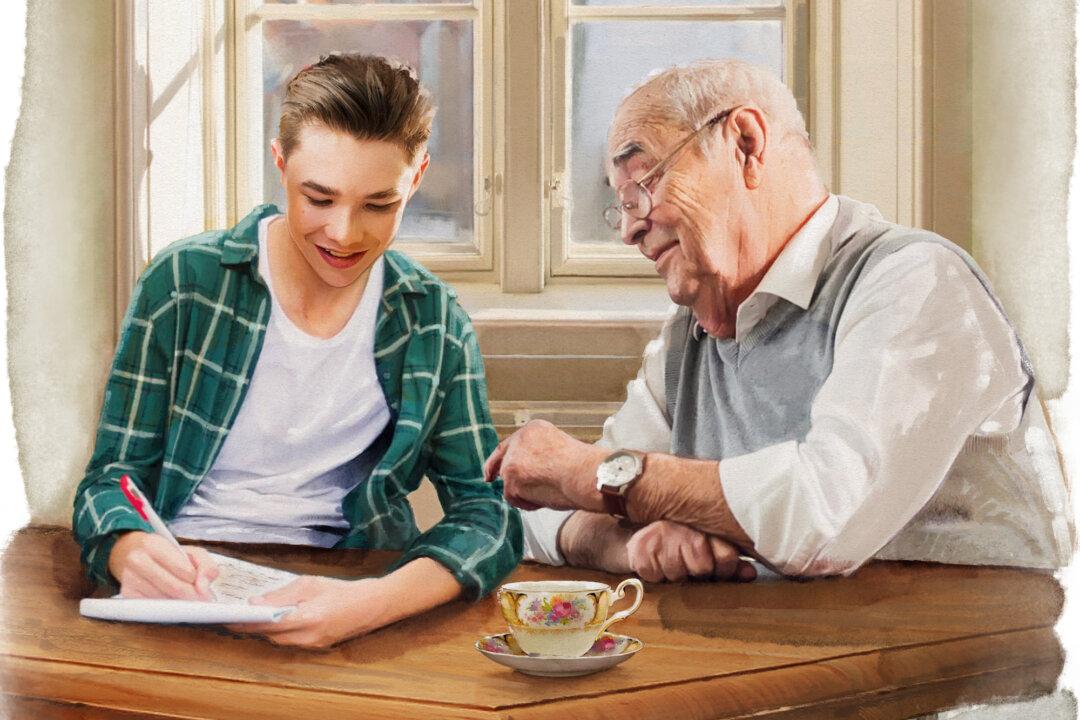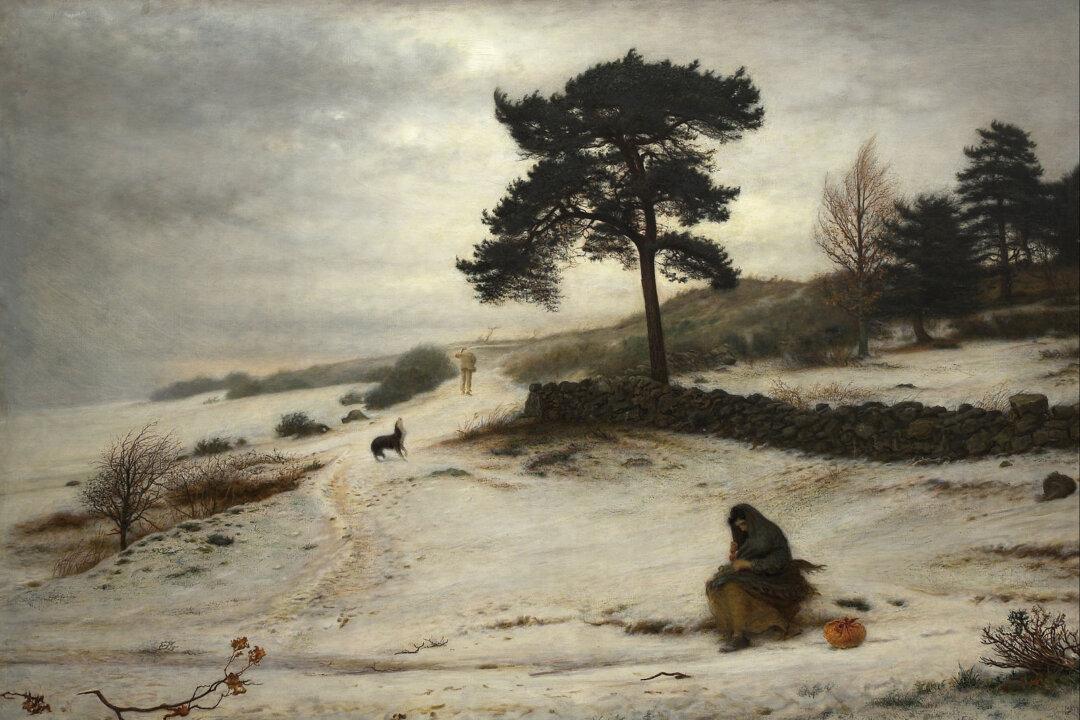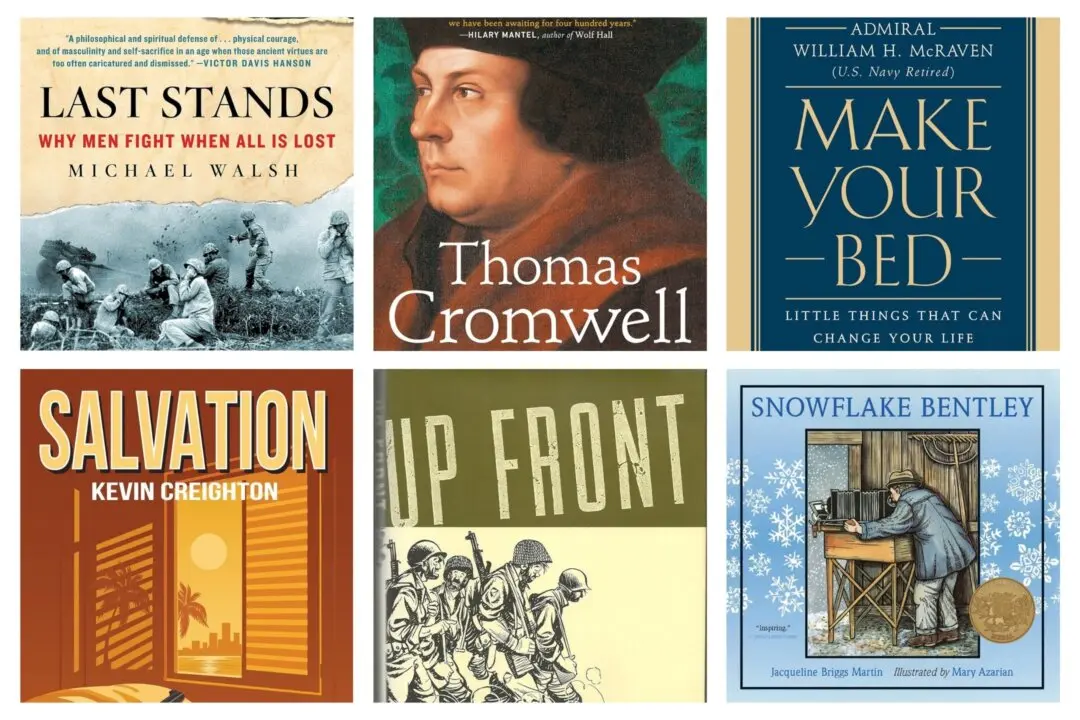Trust me friend a hundred years Goes faster than you think, so don’t blinkWritten by Casey Beathard and Chris Wallin, that’s the refrain for country music star Kenny Chesney’s poignant hit song, “Don’t Blink.” The ballad tells of a 102-year-old man celebrating his birthday on television, who when asked the secret of life, says:
Don’t blink, cause just like that you’re 6 years old And you take a nap And you wake up and you’re 25 And your high school sweetheart becomes your wife.
Don’t blink, you just might miss Your babies growing like mine did Turning into moms and dads Next thing you know your better half






